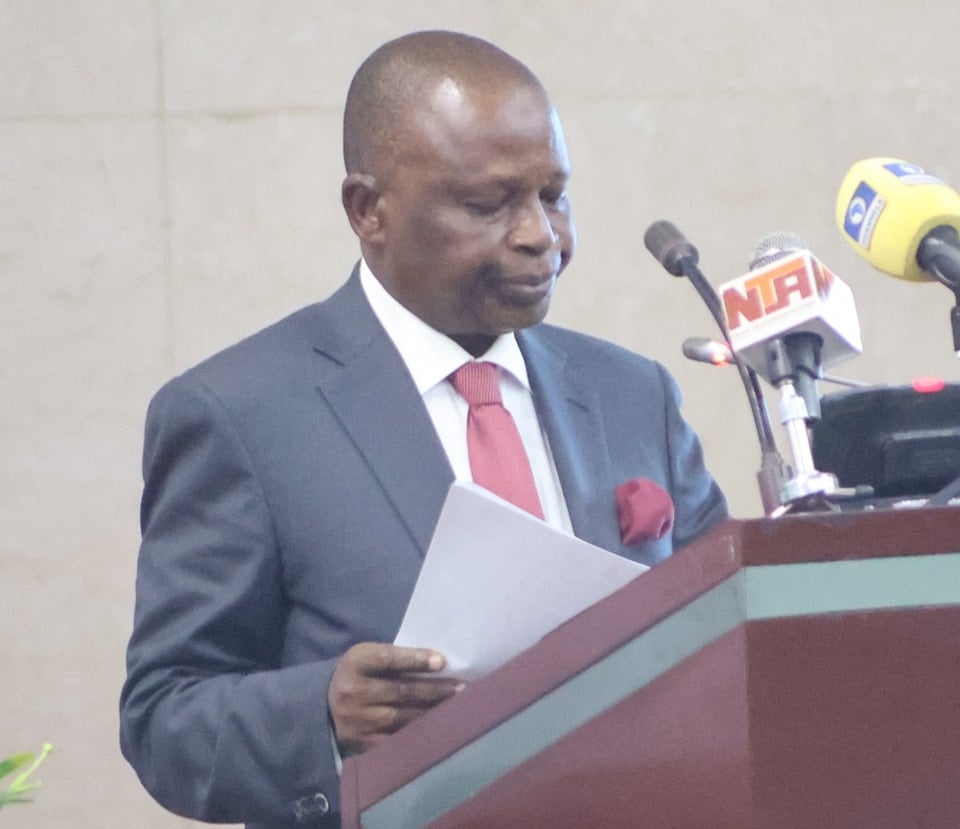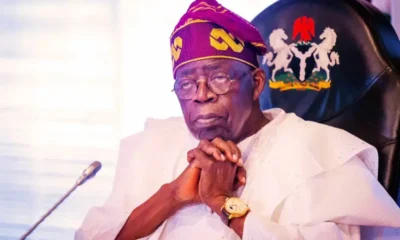Opinion
Constitutional boundaries: A pardon once granted cannot be reviewed

On October 9th, 2025, the State House released a list of 175 ex-convicts who had been pardoned by President Ahmed Bola Tinubu.
This constitutional power—the prerogative of mercy—is one of the most profound expressions of executive authority. It allows the President to temper justice with mercy, to forgive offences against the state, and to grant reprieve to citizens who have served their time or shown remorse. Yet, while this power is substantial, it is not exercised in isolation. Section 175(2) clearly states that the President must act after consultation with the Council of State.
The Council of State, established by the Third Schedule to the Constitution, is an advisory organ chaired by the President. It includes the Vice President, all former Presidents and Heads of State, the President of the Senate, the Speaker of the House of Representatives, all State Governors, former Chief Justices of Nigeria, and the Attorney General of the Federation, among others. One of its core functions is to advise the President on the exercise of this very prerogative.
Following the announcement of the pardons, public debate quickly ensued. Some Nigerians expressed moral outrage over the inclusion of certain categories of offenders. Reports indicate that about 40% of those pardoned were convicted of drug-related offences, 34% for illegal mining, and 17% for economic crimes. The inclusion of Maryam Sanda, convicted for the murder of her husband, particularly inflamed public sentiment.
However, it must be emphasized that public sentiment cannot override constitutional authority. The President has the discretion to pardon any offender, regardless of the crime, provided that the process follows constitutional procedure. The prerogative of mercy is not a popularity contest; it is an act of governance rooted in law, not emotion.
What is troubling, however, is the statement issued on October 16, 2025, by the Attorney General of the Federation (AGF), who announced that “the process remains at the final administrative stage, which includes a standard review to ensure that all names and recommendations fully comply with established legal and procedural requirements before any instrument of release is issued.”
With respect, this statement is constitutionally problematic. The Attorney General, though a member of the Council of State, has no authority to review, alter, or suspend a presidential pardon once it has been approved by the Council and announced by the President. The power of pardon is vested exclusively in the President. The Council advises; the President decides. Once that decision is made and publicly declared, it takes immediate effect.
The Attorney General’s role in the process is advisory and administrative, not supervisory or appellate. His functions may include:
- Issuing circulars or guidance to relevant agencies such as the Nigerian Correctional Service, law enforcement, and the courts;
- Clarifying any conditions attached to the pardon; and
- Overseeing implementation, including release procedures and record updates.
These are matters of execution, not of review. The Attorney General cannot lawfully “reassess” the list of beneficiaries or delay implementation under the guise of administrative scrutiny. Doing so would amount to an unconstitutional intrusion into presidential discretion.
If there are allegations of fraud, procedural irregularity, or error, the appropriate course is judicial review, not unilateral ministerial intervention. The Attorney General, like every public officer, is bound by the Constitution..
The power of pardon is a sovereign act of grace. Once exercised in accordance with constitutional provisions, it is final and binding. Any attempt to second-guess or reinterpret that act after the fact undermines both the principle of separation of powers and the authority of the Presidency.
The recent development therefore calls for caution. The Attorney General must avoid creating a dangerous precedent where ministerial offices assume powers the Constitution does not grant them. Respect for the rule of law requires that each arm of government—and each office within it—acts strictly within its constitutional bounds.
In sum, once a pardon is granted and announced by the President after consultation with the Council of State, it is conclusive. The Attorney General may implement it, explain it, or defend it—but he cannot review it.
•Written By Ayodele Kusamotu
-

 Politics17 hours ago
Politics17 hours ago2027: Real-time results transmission achievable, say telcos
-

 Business21 hours ago
Business21 hours agoNUPENG asks Tinubu to clarify new executive order on oil and gas industry
-

 News22 hours ago
News22 hours agoMonthly environmental sanitation yet to resume – Lagos
-

 Business22 hours ago
Business22 hours agoDangote Refinery targets depot owners, major marketers in new marketing model
-

 News21 hours ago
News21 hours agoActivist kicks as Plateau sponsors pilgrims with N7.48b
-

 World News22 hours ago
World News22 hours agoViolence erupts across Mexico as army kills drug cartel leader
-

 World News21 hours ago
World News21 hours agoUS Secret Service kills man trying to break into Trump estate
-

 News22 hours ago
News22 hours ago89th birthday: Obasanjo targets 10,000 Lagos residents for free healthcare


















